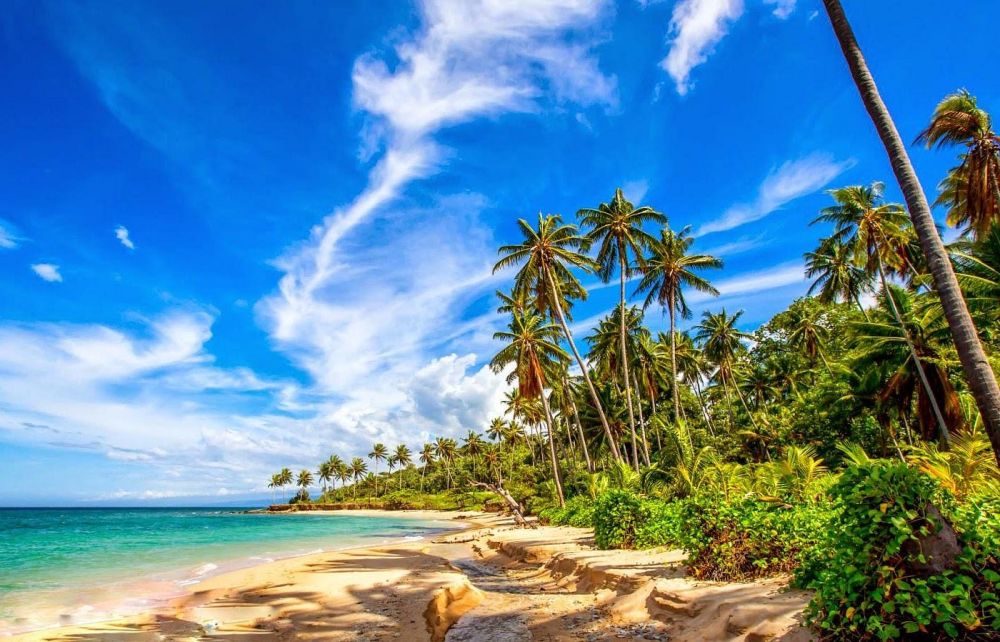

Tourism in Baucau, and Timor-Leste as a whole, has roots that can be traced back to the Portuguese colonial era, when the area was known for its natural beauty and colonial architecture. However, due to historic upheavals, including Indonesian occupation and the struggle for independence, tourism development was largely halted until the country achieved sovereignty in 2002.
After independence, Timor-Leste began to focus on rebuilding its economy and infrastructure. The untouched natural environments, rich cultural heritage, and historical sites positioned Baucau as a potential tourism hotspot. The tourism sector started to develop, but progress was slow due to lack of infrastructure, investor confidence, and prioritization of other sectors by the government.
The establishment of the Timor-Leste National Tourism Policy in 2017 marked a significant step towards realizing the tourism potential of Baucau. This included improving access to tourist areas, promoting environmental sustainability, and preserving cultural heritage.
In recent years, Baucau has seen a modest increase in tourist numbers, driven by improvements in infrastructure and greater international awareness of Timor-Leste's unique offerings. Key trends in the region's tourism include:
As the tourism infrastructure continues to develop, with improved roads, increased accommodation options, and more guided tour services, Baucau is poised to emerge as a prominent tourist destination in Southeast Asia. However, challenges remain, including the need to train a skilled tourism workforce and implement effective marketing strategies to attract international tourists.
The history of tourism in Baucau is complex and evolving. This region of Timor-Leste, imbued with natural beauty and historical significance, has made strides in attracting visitors and developing its tourism sector. The commitment of the Timorese government and local communities to grow the industry sustainably ensures that Baucau will continue to gain prominence as a unique and appealing destination for travellers from around the world.